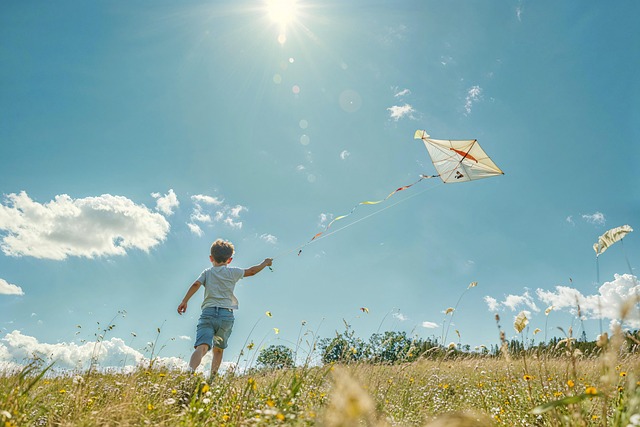In a world where clean air is rare, natural spaces are shrinking, and modern life is often anything but simple, the concept of holistic living can feel out of touch. Yet, it’s precisely in this polluted, fast-moving environment that holistic wellness becomes not just relevant but essential.
Holistic living isn’t a luxury reserved for wellness retreats or off-grid communities. It’s a mindset a daily practice of living in alignment with your physical, mental, emotional, and environmental health. In a world full of toxins and noise, the question becomes where do you begin?
Redefine What “Holistic” Means to You
Many people assume holistic living requires a complete lifestyle overhaul eliminating all chemicals, growing your own food, or adopting strict routines. The truth is more flexible. Holistic living is about awareness and integration. It’s about recognizing how your environment, habits, thoughts, and surroundings shape your overall wellness and making thoughtful shifts, one step at a time.
This means that in a polluted world, holistic living begins with learning how to protect your inner balance despite external chaos.
Examine Your Immediate Environment
Start with what surrounds you daily your home, your workspace, your commute. You may not be able to control the air quality in your city, but you can improve the air you breathe in your home.
Focus Areas
-
Air Quality Use air purifiers, open windows for cross-ventilation, and minimize synthetic scents or harsh chemicals.
-
Lighting Opt for natural light during the day and warm-toned lighting in the evening to support your circadian rhythm.
-
Materials Choose organic textiles and non-toxic materials where possible especially in your bedroom, where your body rests and repairs.
Creating a clean, calm home environment helps restore your nervous system and protect your health even if the world outside feels overwhelming.
Clean Up Your Inputs
Holistic wellness isn’t just about your environment it’s about what you feed your body and mind every day.
Physical Inputs
-
Eat whole, minimally processed foods. Organic is ideal, but not essential focus on balance and nutrient density.
-
Stay hydrated with clean, filtered water.
-
Reduce your exposure to plastics, artificial additives, and packaged foods.
Mental Inputs
-
Limit exposure to fear-based media, digital distractions, and mental clutter.
-
Practice mindfulness not only through meditation, but in how you speak, move, eat, and rest.
-
Read, learn, and engage with ideas that uplift rather than exhaust you.
What you consume, physically and mentally, has a direct impact on how you feel, think, and act.
Ground Yourself in Nature
Nature is a powerful ally in holistic living, but access can feel limited in urban or polluted areas. Still, small interactions can create significant shifts.
Try This
-
Sit with your feet on the earth for 10 minutes a day grass, soil, sand, or even a balcony with potted plants.
-
Watch the sky instead of your screen when you take breaks.
-
Decorate your space with natural textures wood, clay, linen, or stone.
-
Use essential oils, natural sounds, and sunlight to simulate natural environments indoors.
Holistic living is not about escaping the modern world, but about reconnecting with what grounds you wherever you are.
Build a Robust Nervous System
Pollution isn’t only chemical. Chronic stress, overstimulation, and emotional burnout are also forms of internal pollution. A core aspect of holistic living is nervous system care.
Build Inner Resilience With
-
Breathwork or pranayama practices
-
Daily body movement, even gentle stretching or walking
-
Journaling to process emotions and reduce mental load
-
Practicing boundaries in your schedule and relationships
When your internal world is calm and balanced, external stressors lose some of their grip.
Start Small, Stay Aware
You don’t need a perfect home, a toxin-free diet, or a flawless routine. Holistic living in a polluted world is about small, consistent actions that reflect your values and restore your well-being.
Start with one area cleaning up your home, your diet, your thoughts, or your digital environment. Let that momentum build.
Because in the end, holistic wellness isn’t about control it’s about connection. To your body, your breath, your choices, and the Earth that holds you even when it’s messy.


